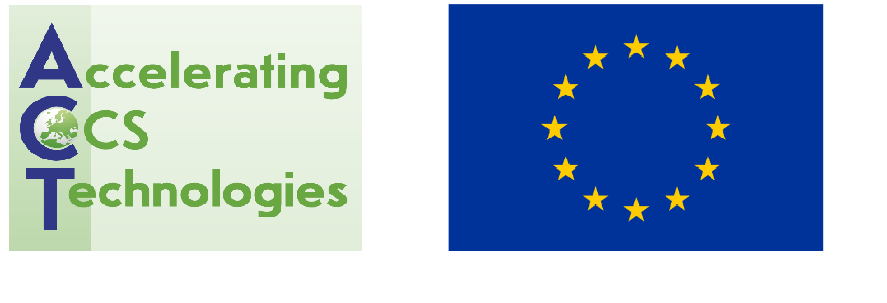New wellbore sealants that resist CO2
/To help accelerate CCS, the Cementegrity project is developing and testing new wellbore sealants to better resist CO2. As part of the project, PhD-student Seyed Hasan Hajiabadi at the University of Stavanger is developing a geopolymer sealant, based on natural rock materials and other waste materials. Geopolymers exhibit significant potential as substitute for commonly used cement-based wellbore sealants within CCS (as well as in other applications), because of their strong chemical resilience (stemming from low calcium content), low matrix permeability, and satisfactory mechanical characteristics.
Hasan recently became the first researcher in Cementegrity to publish a journal article. His paper, Review on Geopolymers as Wellbore Sealants: State of the Art Optimization for CO2 Exposure and Perspectives; was published in ACS Omega on 23rd June 2023. In this paper, he presents a literature study on geopolymer systems as CO2-resistant wellbore sealants, focusing on optimizing mechanical properties, permeability, and chemical durability, and identifying research gaps and challenges. Hasan is currently dedicated to developing a granite-based geopolymer wellbore sealant tailored for CCS application, evaluating its behaviour when exposed to brine and CO2 under simulated high-pressure, high-temperature conditions.
If you would like to know more, check the Cementegrity website, or contact the team. Hasan will also present some of his ongoing work at the upcoming webinar with Cementegrity, SHARP and RETURN, on 14 September. You can sign up for the webinar here.


